ENC MONA CONWAY
All-in-one boost immunity, keep you away from flu germs
Product content:Every 2 tablets contain Zinc 30mg, Quercetin 500mg, Vitamin C 1000mg, Vitamin D3 2000IU, Citrus Bioflavonoid Extract 20mg
Product specifications: 60 tablets
Directions: Take 2 tablets per day (Adults only)
Storage Method: Store in a cool dry place, refrigerate after opening.
Product Features:
An all-in-one formula for immunity, which can effectively resist bacterial and viral infections. It enhances the activity of immune cells and greatly enhances the lethality of bacteria, viruses, or other sources of infection, thereby helping the human body to effectively fight against viruses (such as colds and flu), preventing the occurrence and aggravation of diseases.
Great and Suitable for:
- Those who are prone to illness, get colds, and respiratory tract infections;
- People with low immunity who want to enhance their resistance;
- People who want to prevent colds and viral influenza.
Nutrition Knowledge:
Zinc has important effects on a range of life-sustaining bodily functions, such as:
-An important component of enzymes involved in tissue remodeling and cancer prevention
-Maintain a good mood, clear thinking, and restful sleep
-Prostate and gut health
-Taste and smell
Zinc is one of the building blocks of at least 3,000 different proteins and more than 200 enzymes in the body. In fact, zinc is involved in enzymatic reactions more than any other mineral. Zinc increases white blood cell production which helps you fight infections more effectively, increases cancer-fighting killer cells which helps your immune system release more antibodies, and speeds wound healing.
If you don’t have enough zinc stored in your body, you are more susceptible to disease-causing agents. Your white blood cells cannot function properly without zinc which affects many aspects of your immune system: including neutrophils, natural killer cells, phagocytes, cytokine production, antibody production, and even gene regulation within lymphocytes.
Zinc is also involved in many basic cellular functions, including DNA replication, RNA transcription, cell division and activation, and cell membrane stabilization. Research on the effect of zinc on pathogens has not yet reached a consensus, but many studies have confirmed that zinc has a strong protective effect. Eating more zinc-rich foods during the high cold season can help the body fight off cold viruses.
In addition, some studies have found that zinc can reduce the duration of colds by 50%. The Cochrane Review found that zinc can reduce the duration and severity of several symptoms of the common cold. Thereby, it helps prevent colds and avoiding antibiotics.
Quercetin:
Quercetin was discovered by Nobel laureate Albert Szent-Gyorgyi. It is known as a natural antioxidant and anti-inflammatory compound found in abundant fruits and vegetables such as chicory, rutin, onion, sea buckthorn, etc. Quercetin has many health-promoting benefits: it reduces inflammation, improves the immune system, and fights infections from viruses, including influenza A and B viruses. Quercetin is a bioflavonoid (an antioxidant) in plants that help plants themselves rely on to avoid viral infection and wilting. Due to its antioxidant properties, quercetin has been shown to inhibit the production of pro-inflammatory cytokines. A randomized dual-fertility clinical trial published in the Journal of Pharmaceutical Research (2012) described giving healthy volunteers over 40 years of age 1,000 mg of quercetin daily for 12 weeks. It found that the volunteers’ respiratory infection rate decreased by 36%. Thus, by inhibiting damaging inflammation and underlying bacteria, quercetin prevents bacterial damage to the respiratory system and other organs.
Vitamin C: Known as an “expert” that regulates the body’s immunity. Supplementing vitamin C can not only enhance the body’s immunity, and improve the phagocytic ability of white blood cells, but also help the absorption of drugs and promote the removal of toxic and harmful substances. Vitamin C also can enhance the chemotaxis and deformability of neutrophils, improve the bactericidal ability; promote the generation of lymphoblasts, and improve the body’s recognition and killing of foreign and malignant cells. In addition, vitamin C is involved in the synthesis of immunoglobulins. It promotes the production of interferon, interferes with the transcription of viral messenger RNA, inhibits the proliferation of viruses, and improves the body’s disease resistance in many ways.
Vitamin D3: It is a fat-soluble vitamin and an important component of the vitamin D family, also known as the sunshine vitamin. Studies have found that the role of vitamin D3 in the human body is not trivial. It is related to the activation of more than a thousand genes. It is far from being as simple as helping the absorption of calcium as people imagine. Studies have confirmed that adequate sun exposure can reduce the risk of cancer, diabetes, coronary heart disease, autoimmune diseases, Alzheimer’s, and neurological diseases, as well as prevent depression and premenstrual syndrome. In addition, more and more evidence show there appears to be an inextricable link between vitamin D3 and respiratory infections like the flu:
—People who are active in the sun seldom get colds, even if the symptoms of colds are mild;
—People with more frequent respiratory infections have lower levels of 25-hydroxyvitamin D;
—While treating vitamin D3 deficiency, the frequency of respiratory tract infections in patients is often greatly reduced;
—The largest outbreak of influenza is usually between the winter solstice and the spring when the sun exposure is the shortest when the vitamin D3 level in people’s bodies continues to decline; and when the light is the longest in summer, the incidence of influenza will decrease substantially;
—Also in human experiments, the same virus infects people in summer and winter, and the severity of symptoms and the length of the disease are very different.
*Vitamin D is an element that the human body cannot synthesize by itself, and almost all foods do not contain vitamin D, so it is recommended by doctors as the only vitamin that needs to be supplemented for life.
Citrus Bioflavonoid Extract:
Flavonoids are thought to be protective that can help regulate the immune system to fight infections. As a common and sometimes fatal viral infection of the upper respiratory tract -Influenza is characterized by fever, cough, and body aches. Older adults, pregnant women, young children, and people with chronic medical conditions, such as asthma and heart disease, are most at risk for severe flu complications. Dr. Ashley L. Steed, a pediatrician, mentioned that in treating intensive care patients at St. Louis Children’s Hospital, flavonoids are our dietary recommendation because they work with the gut flora to protect us from influenza and other viral infections.



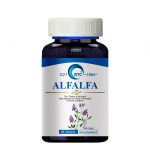
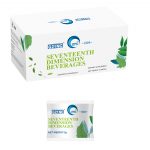
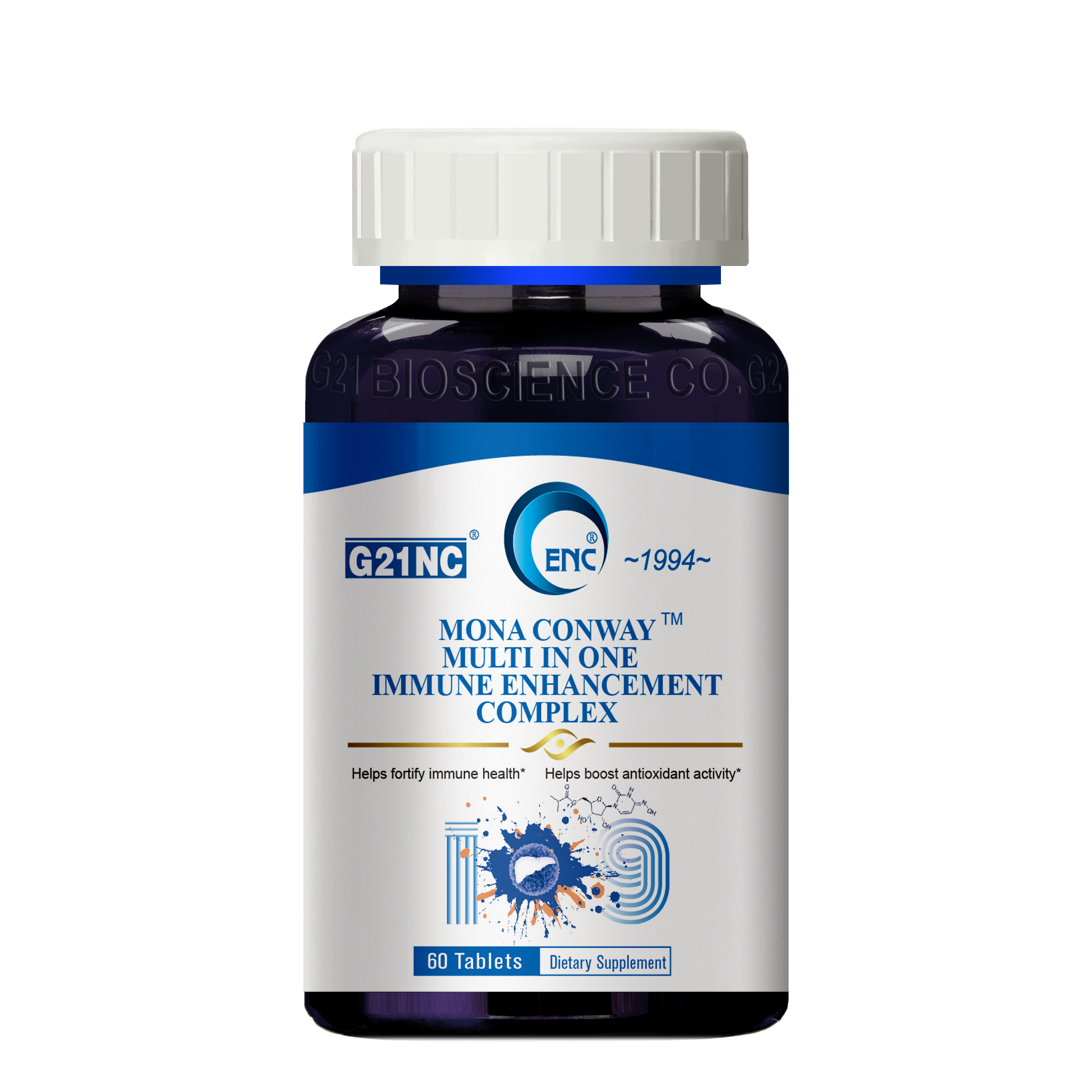
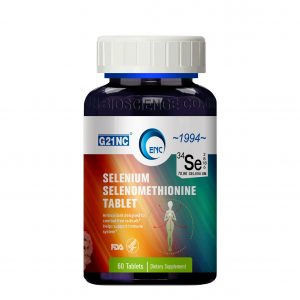
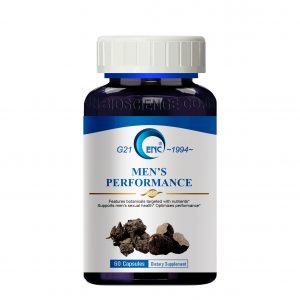
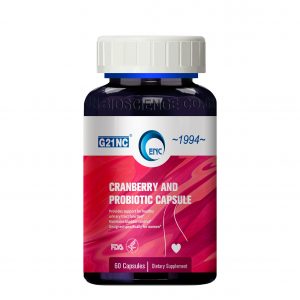
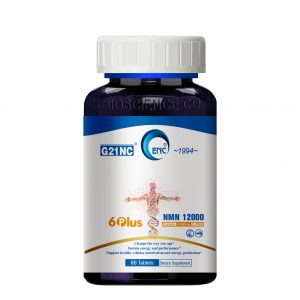
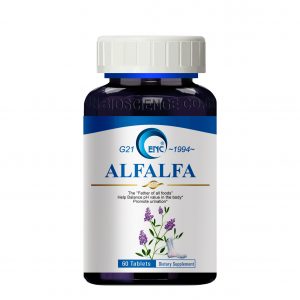
Reviews
There are no reviews yet.